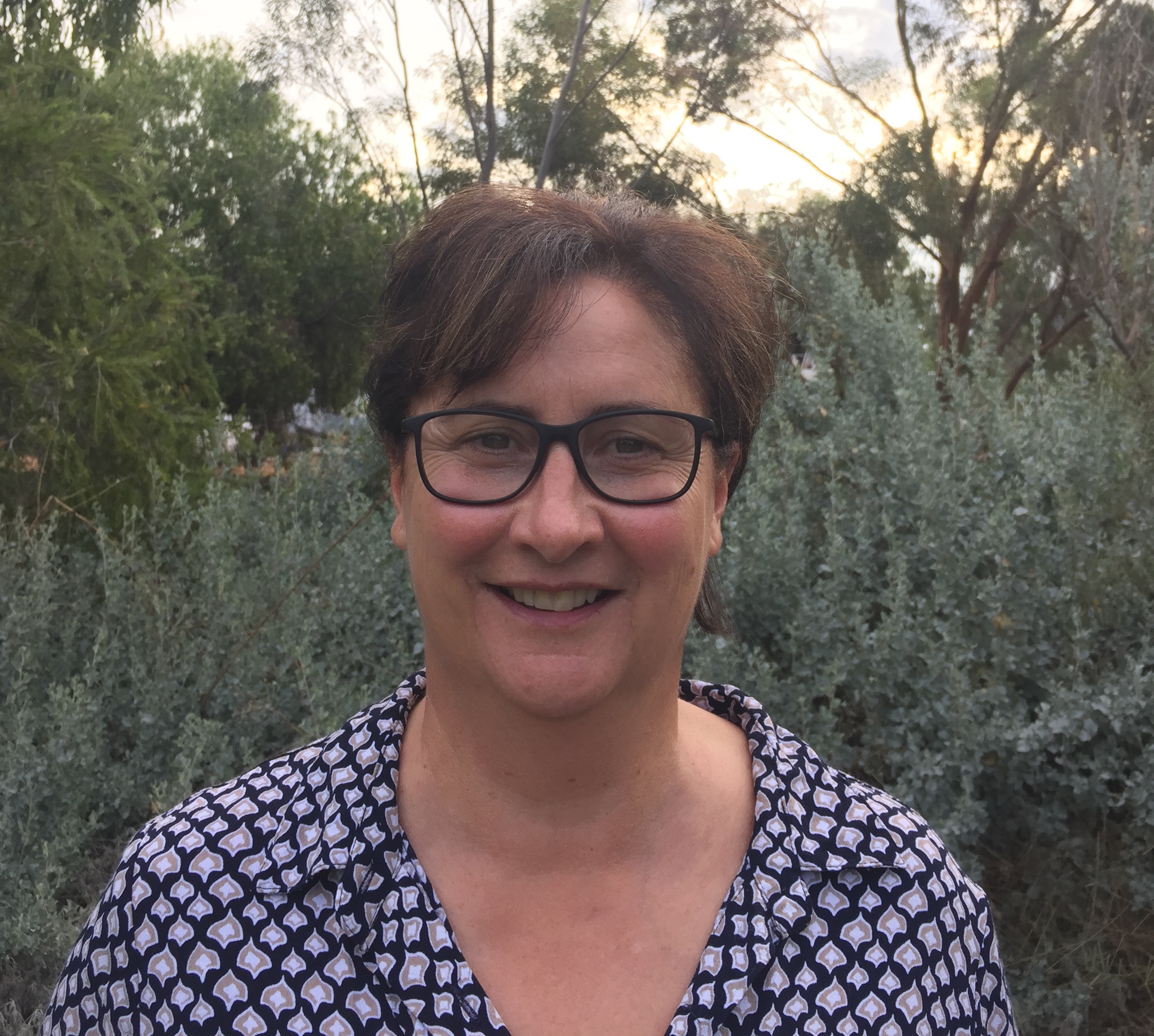The potential of Australian soils to sequester carbon and offset emissions is a hot topic right now. But what are governments doing to help farmers realise this potential?
In our Understanding Soils webinar series we’ve been taking a deep dive into soil science. But what happens once you’ve managed to carbon sequester in your soils?
Join us to hear from Dr Cathy Waters, New South Wales Department of Primary Industries, to learn what the NSW Government is doing to support farmers establishing baselines and use unsold credits as business assets via a register of carbon credits.
The Road to Net Zero webinar series explores the reasons for reducing emissions, the different solutions available and industry progress towards carbon neutrality. Soils are a very complex and integral system, so keep an eye out for more Road to Net Zero webinars on the topic.
In Part 1 of our Road to Net Zero: Understanding Soils webinar series we heard from Dr Cassandra Schefe on the soil characteristics that are integral for building soil carbon. In Part 2 Dr Lyn Abbott will discuss the role of soil microbes.
Speakers

Dr Cathy Waters
Cathy is a Principal Research Scientist and Leader of Climate Research in NSW DPI. She manages a high performing team of scientists working across both the applied climate science and industry practice space. Current research themes include the science-policy interface, holistic approaches to climate change, impact assessment and abatement potential from the agricultural sector.
Her current research program is focused on carbon (emissions reduction and sequestration) and energy (supply and demand) themes under the NSW DPI Climate Change Research Strategy. This research aims to create opportunities to increase farm business resilience through the creation of additional income streams from carbon farming and cost savings through energy efficiencies and transition to clean energy. Cathy is also co-developing the NSW Primary Industries and Productivity Abatement Program with the Department of Planning, Industry and Environment and is developing new R&D areas including whole-farm carbon management.
Cathy has had more than 25 years’ experience working as a rangeland ecologist in sustainable grazing management, policy development and addressing ground cover and total grazing pressure management.


